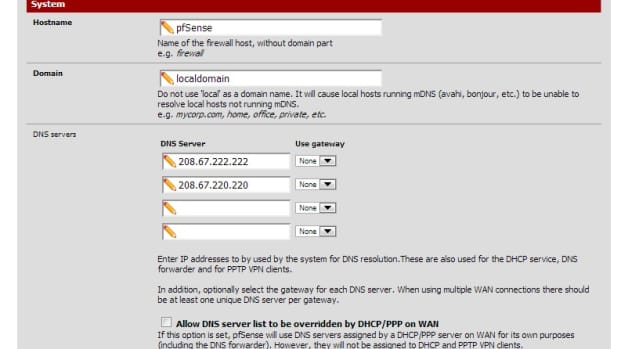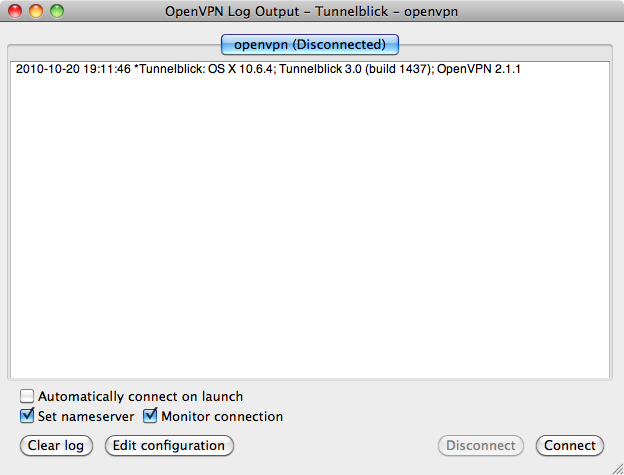
Online intermediaries, including hosting providers, can also be involved and may be asked to block access to the infringing websites. If there is clear evidence that a particular trademark is infringed because of illegal actions of several persons, those persons will be jointly responsible (Article 1252 (6.1) of the Russian Civil Code). The respective trademark owner (plaintiff) has a valid cause of action against at least two defendants: the domain name registrant or the actual seller of infringing goods or both. Persons offering and selling counterfeit goods online (i.e., website operators, actual sellers) are also liable for trademark infringement. In the event that the trademark owner has acquired a bad faith trademark registration, and this fact is proved, the case may be dismissed.ĭomain name registrants are not the only infringers in practice. While establishing a trademark infringement case, the trademark owner must always act in good faith and avoid any unfair domain name hijacking. su ccTLDs when such domain names are only registered but not delegated for posting of any sort of web content or held for further sale or re-sale, or simply used in bad faith and without the trademark owner’s permission.

UDRP principles are actively used by trademark owners in clearcut trademark infringement matters involving the. (3) the respondent’s domain name has been registered and is being used in bad faith.

(2) the respondent has no rights or legitimate interests in respect of the domain name and Or service mark in which the claimant has rights (1) the conflicting domain name is identical or confusingly similar to a trademark During a civil procedure instituted in the local court the trademark owner has to prove that: While establishing a trademark infringement case, the trademark owner must always act in good faith and avoid any unfair domain name hijacking.Īt the same time, Russian courts, including the specialized Russian IP Court, do take into account the fundamental UDRP principles, while resolving local domain name disputes. Russia does not adhere to the Uniform Domain-Name Dispute-Resolution Policy (UDRP) of the Internet Corporation for Assigned Names and Numbers (ICANN) and, therefore, the above country-code top-level domains (ccTLDs) cannot be arbitrated under the UDRP. su addresses fall under the jurisdiction of the Russian commercial courts or courts of general jurisdiction, unless they are resolved in the nonjudicial or pre-trial manner. Unauthorized trademark use, whether committed in the domain name or on the website, is generally prohibited and may be prosecuted by the trademark owner, or its exclusive licensee, in accordance with the applicable Russian law and local practice.ĭomain name disputes involving the.

The use of a trademark on the Internet, including in the domain name or other addressing modes (e.g., keywords), falls under the scope of exclusive rights that belong to the trademark owner and, therefore, is permitted only with the trademark owner’s consent. Under Article 1484 (3) of the Russian Civil Code, no one is allowed to use without the authorization of the trademark owner confusingly similar marks in connection with the goods for which the trademark has been registered, or similar goods, if such use leads to a likelihood of confusion. Partner, Trademark & Design Attorney, Ph.D., LL.M.


 0 kommentar(er)
0 kommentar(er)
